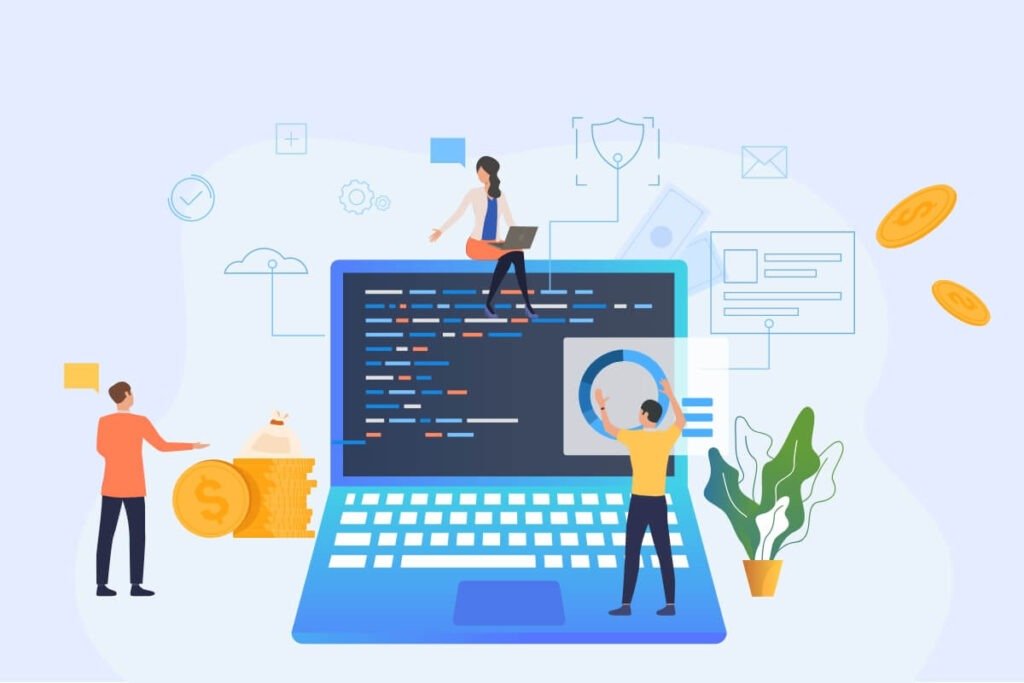Services as Software
If you poll your neighborhood venture capitalist or software founder and ask, “what percentage of US GDP is software?” you might hear 30% or 40% or maybe even 50%. The answer is 10%.
Services dominate our economy. 72% of US GDP or $20 trillion dollars a year is spent on services, and services are over 80% of household spend. Despite its overwhelming size, aside from some successful marketplaces, venture investors have placed few bets in pure services companies. There are two compelling reasons: (1) services businesses require labor that is expensive and reduces the gross margin percent, resulting in less cash to fuel growth and (2) scaling demands hiring more labor– a slow and expensive process compared to software companies.
However, these obstacles are eroding because of artificial intelligence.
AI is making certain services businesses considerably more efficient by automating tasks and multiplying the productivity of the labor force. A Bain study estimates that professional services companies could reduce the cost of service by 41% using AI. Even if the improvement is only 20%, the savings comes close to paying for the entire US defense budget.That’s profound. Improvements in the 20 - 40% range result in a gross margin percent that rivals software companies in their cash efficiency.
AI-powered services are also considerably more scalable, even when there is a meaningful labor component. This generation of services companies are less dependent on hiring, allowing them to maintain service levels as they grow with only modest labor input.
The implications are significant. The largest segment of our economy which has been a venture capital desert, is now an oasis of opportunity. We think that we are at the dawn of many billion dollar “services as software” companies.
Let’s also be clear: there will be large portions of the services economy where AI cannot or will not be able to automate. Your kid’s swim lessons are likely to need the same amount of instructor attention. And I don’t know about you, but I’m not looking to have an AI-powered haircut just yet. Nonetheless, the services economy is so vast, that crossing off major portions still leaves a lot of undiscovered country.
We are particularly interested in professional services companies using AI to deliver services the traditional way. We think these companies will have an advantage because they will not require that customers change their behavior and they have distribution and customer data already. The auditor will deliver their services as they always have. The financial planner, the same. What changes is the degree of automation in the back office, which is insulated from the customer.
If you are a founder building a services as software company, we would love to talk.

